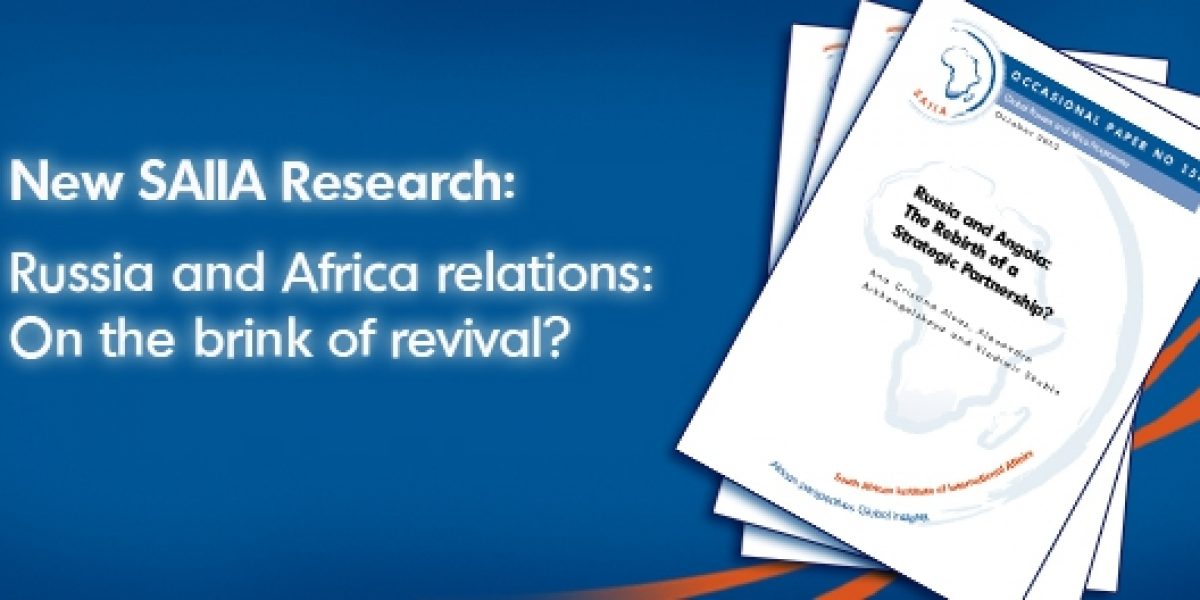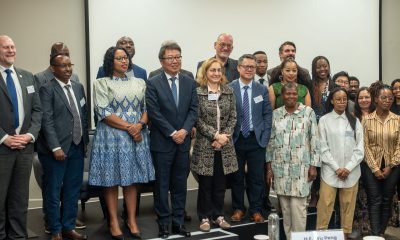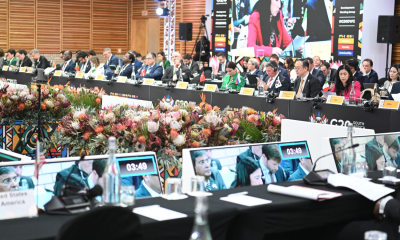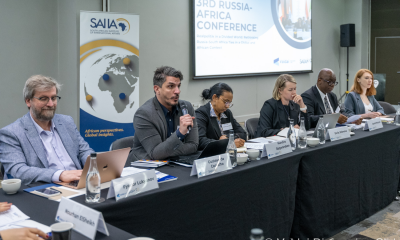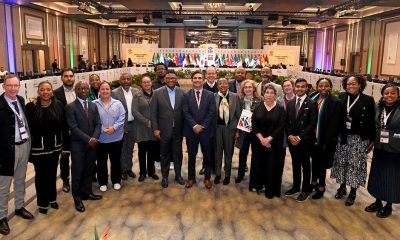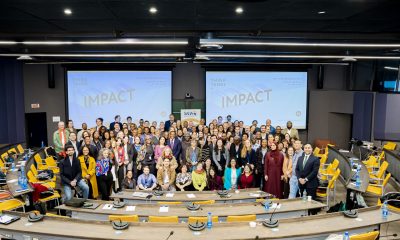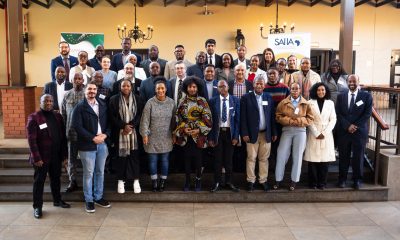While the mounting interest in the continent by emerging powers such as China, India and Brazil, and traditional partners such as the United States (US) and the European Union (EU), has inspired a growing stream of research and media attention, one erstwhile power remains conspicuously absent in the analysis: Russia.
Once a critical player on the continent, Moscow’s presence now pales when compared to its competitors. Increasing political bilateral exchanges in recent years suggest, however, that Russia-Africa relations are on the brink of revival. However, the particulars of this new dawn remain largely unknown.
With a seemingly robust commitment to reasserting a role in Africa, coupled to their holding of a permanent seat on the United Nations Security Council (UNSC), membership of the BRICS (Brazil, Russia, India, China and South Africa) grouping and a large commercial role in military cooperation, Russia’s importance to the continent needs to be better understood both for its impact on South Africa’s diplomacy and a more complete assessment of its impact on African development prospects.
During 2012 and 2013, the South African Institute of International Affairs (SAIIA) undertook empirically informed research on Russia-Africa contemporary relations looking at Russia’s Africa policy, its drivers, synergies and challenges, with a particular focus on two case studies: South Africa and Angola. The ensuing publications are based largely on field research developed in Russia, South Africa and Angola in 2012 and 2013, jointly conducted by researchers from SAIIA and the Institute for African Studies in the Russian Academy of Sciences in Moscow, and kindly funded by Open Society Foundation for South Africa (OSF-SA).
Download publications
- Russia–South Africa Relations: Beyond Revival (SAIIA Policy Briefing 75, October 2013), by Alexandra Arkhangelskaya and Vladimir Shubin
- Russia and Angola: The Rebirth of a Strategic Partnership? (SAIIA Occasional Paper No 154, October 2013), by Ana Christina Alves, Alexandra Arkhangelskaya and Vladimir Shubin
- Russia’s Africa Policy (SAIIA Occasional Paper No 157, September 2013), by Alexandra Arkhangelskaya and Vladimir Shubin

